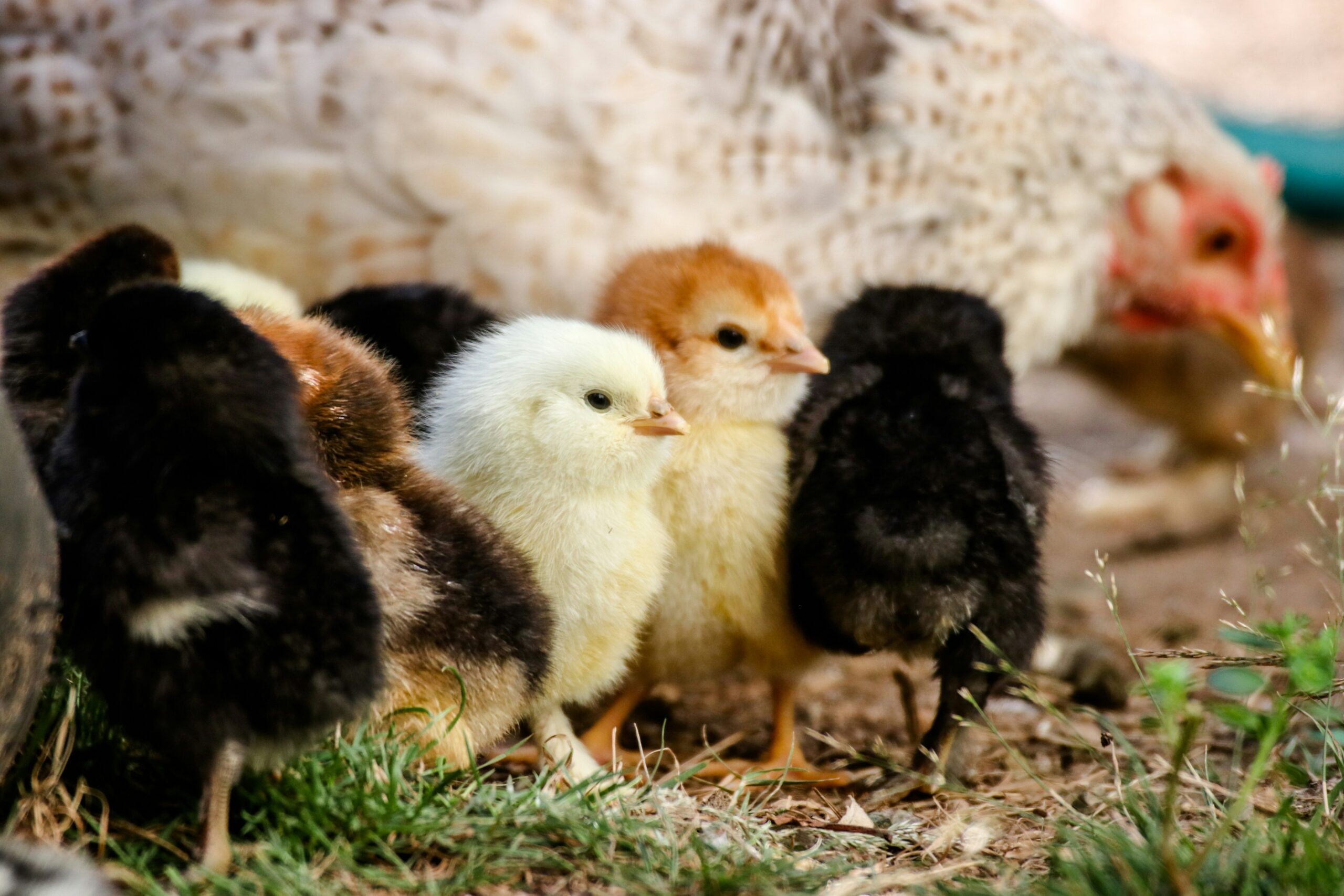鶏始乳(にわとりはじめてとやにつく)
English title: Chickens start laying eggs
日本語
2024年1月30日、七十二候の「鶏始乳(にわとりはじめてとやにつく)」を迎えました。これは、春の気配を感じたニワトリが、鳥屋(とや)に入って卵を産み始める頃を表す言葉です。
本来、ニワトリは冬は産卵期ではありません。春から夏にかけて、日照時間の長さや気温の上昇などの条件が整うことで、卵を産み始めます。
「鶏始乳」の「乳」は、鳥が卵を産むという意味です。ニワトリは、卵を産む直前に、卵黄や卵白、殻を形成するための栄養分を蓄えます。この時期のニワトリは、食欲旺盛になり、体重が増加します。
「鶏始乳」の頃になると、気温が上がり始め、日照時間も長くなります。また、冬眠から目覚めた動物も増え、自然界は活発になります。
「鶏始乳」は、春の訪れを告げる季節の節目です。この時期には、新鮮な卵を食べて、春の訪れを感じてみてはいかがでしょうか。
English
On January 30, 2024, the 72nd seasonal sign of the Chinese calendar, “Chickens start laying eggs,” arrived. This refers to the time when chickens start laying eggs in their coops after feeling the signs of spring.
Chickens do not normally lay eggs in the winter. They start laying eggs from spring to summer, when conditions such as longer daylight hours and rising temperatures are met.
The kanji character “乳” in “鶏始乳” means “to lay eggs.” Just before laying an egg, a chicken stores nutrients for the egg yolk, egg white, and shell. During this time, chickens become more hungry and gain weight.
As the weather warms up and the days get longer, animals that hibernate during the winter also begin to wake up, and the natural world becomes more active.
“Chickens start laying eggs” is a seasonal milestone that marks the arrival of spring. Why not try eating fresh eggs during this time to feel the arrival of spring?

コメント